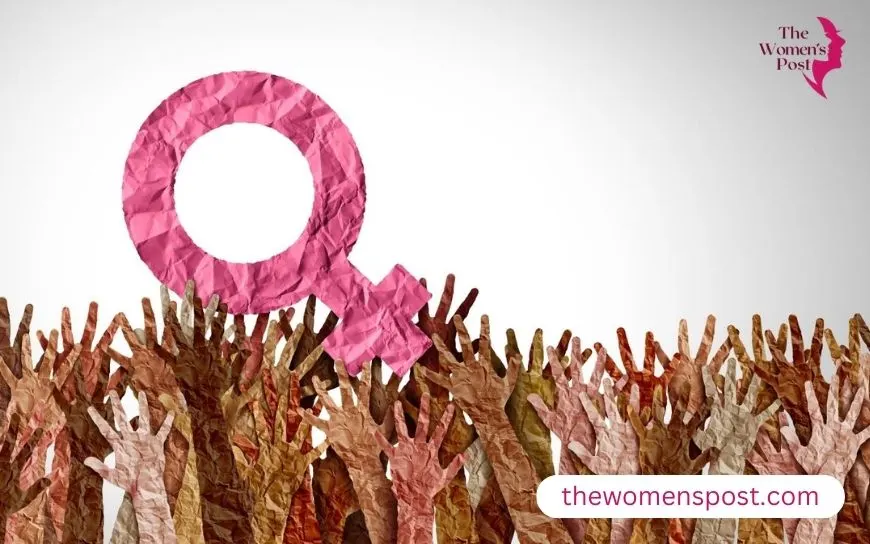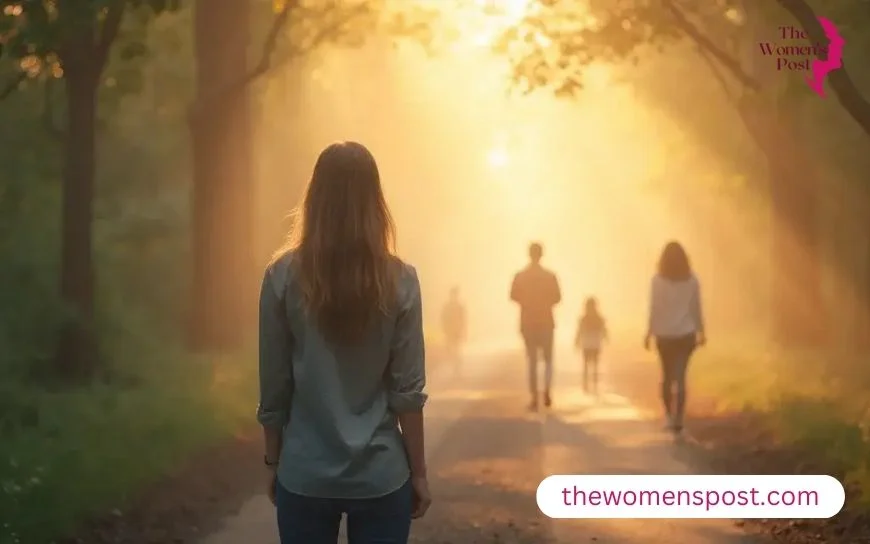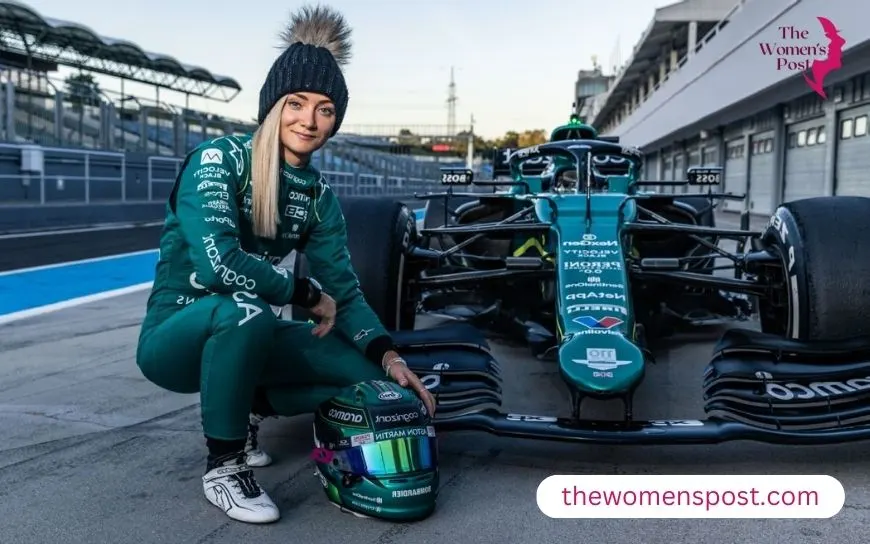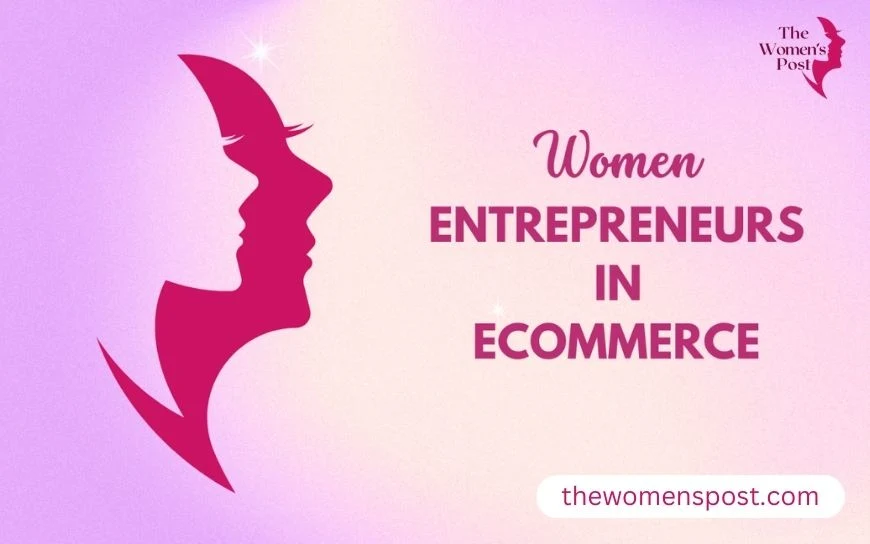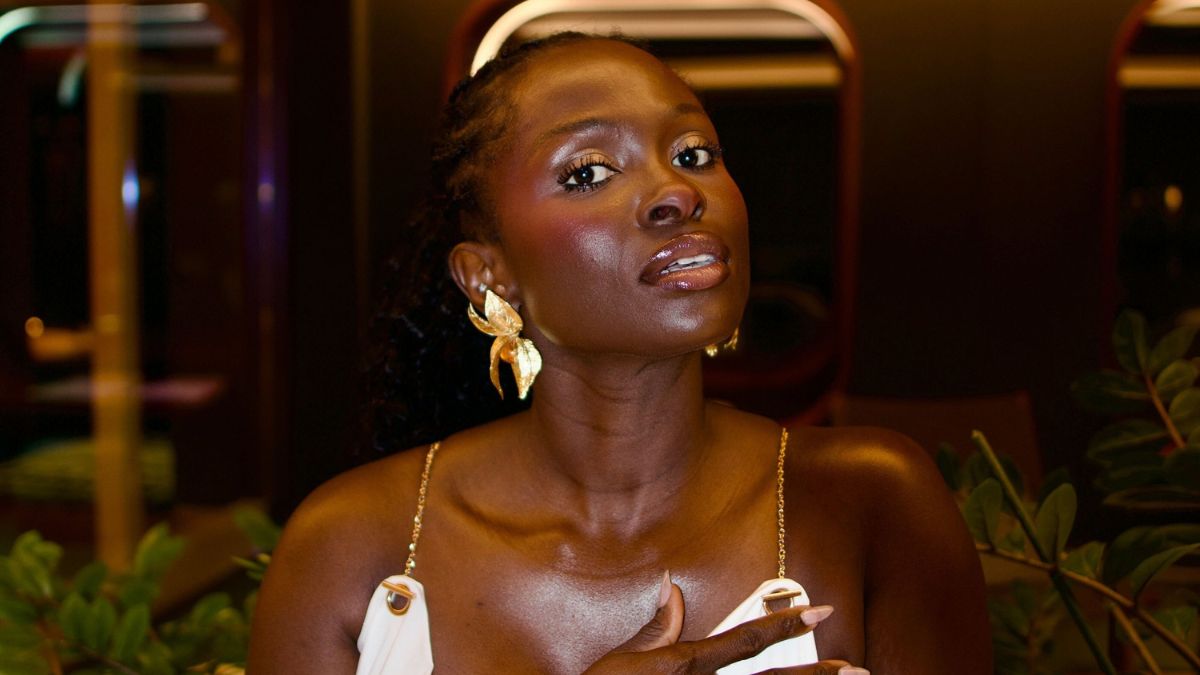From poet to founder, the path of creating safe, meaningful spaces for Black women across the diaspora.
BlossomHaus has evolved as a gentle force in a world where health is frequently commercialised and creativity is commodified, rethinking what it means to heal, create, and connect. However, the tale behind this unconventional place does not begin with the wellness sector. It begins with words, wounds, and a desire to change the story.
At the core of this shift is a quiet disruptor – a woman who not only survived generational trauma, cultural dislocation, and exhaustion, but also transformed them. Ohemaa Bonsu, a Ghanaian-Canadian writer, poet, and BlossomHaus creator, is creating a sanctuary based on tenderness, sovereignty, and sisterhood, rather than merely a wellness revolution.
She didn’t follow the rules. She wrote her own.
“I built the kind of space I wish I had growing up—because we deserve softness, too.”
Turning Pain into Practice
“The seed for BlossomHaus came from a deep personal reckoning,” Ohemaa tells me. “As a Black woman, I knew what it was like to always be in survival mode—performing, producing, and pushing. But where were the places we could simply be?
Years of scholastic rigour, artistic drive, and emotional weariness had taken their toll. Ohemaa halted. She turned inwards. What emerged was not a brand or a business model, but rather a question: What if mending could feel like coming home?
With BlossomHaus, she addressed that question openly.
BlossomHaus began as a digital refuge in 2020, but rapidly grew into a collective and community for Black women seeking respite, ritual, and reclaiming.
Through poetry, storytelling, somatic practices, and spiritual tools, the platform invites women to return to themselves.
“This isn’t about fixing ourselves,” Ohemaa says. “It’s about remembering who we were before the world told us we weren’t enough.”
Lessons from Year One: Intuition Over Algorithms
BlossomHaus’ first year focused on resonance rather than viral growth or vanity metrics.
“If I could go back, I’d tell myself to stop overthinking and start trusting my body,” she says.
She constructed slowly and deliberately. No advertisements, no investors. Just strong poems, honest insights, and an expanding digital sisterhood. BlossomHaus was never designed to grow; it was supposed to root. In doing so, it touched thousands of people.
“Success, to me, looks like someone reading a poem and finally feeling seen.”
She Said It: Ohemaa Bonsu in Her Own Words
“Softness isn’t weakness – it’s resistance in a world that tells Black women to be hard to survive.”
“We are not healing in isolation. We are remembering in community.”
“My ancestors didn’t just survive for me to hustle – they survived so I could rest and rejoice.”
The Blueprint: How BlossomHaus Is Holding Space Differently
- Crafted by a poet, not a brand strategist
- Nurtured by rituals, not performances.
- Growth via resonance, not reach.
- Soul-led. Trauma-informed. Afro-spiritual.
BlossomHaus is more than simply a community; it is a cultural reset. And its base is a roadmap for healing.
Ohemaa’s Framework: Feel, Name, and Alchemise
Instead than following business plans, Ohemaa follows the body. Her leadership style is embodied, intuitive, and lyrical.
“I’ve learnt that clarity comes when we feel first, not fix.”
She believes in acknowledging the truth – whether it be pain, wrath, or joy – and giving it shape via writing, ritual, or rest. Her artistic technique is spiritual: feel profoundly, name honestly, and use alchemy wisely.
“My work is not just about creating safe spaces – it’s about creating brave ones.”
Choosing Community over Clout
One of BlossomHaus’ most effective decisions was to prioritise depth above digital size.
Instead of focussing on virality, Ohemaa prioritised intimacy, creating newsletters that felt like letters, seminars that felt like rites, and nurturing circles that felt like family.
“This is not a ‘content strategy.’ “This is love in pratice.”
That commitment fuelled organic growth. BlossomHaus currently reaches over 10,000 women across continents, yet each message feels like a whisper to the spirit.
Prioritising People – Before Platforms
BlossomHaus took a different approach than typical wellness centres, which focus on algorithms and aesthetics.
“We are not optimising for engagement. “We are offering belonging.”
Ohemaa Bonsu created the platform to emphasise Black women’s wholeness, not productivity, performance, or palatability. Every service, from ancestral rites to body-centered storytelling, is thoughtfully crafted with cultural significance in mind.
That is why BlossomHaus resonates. It is not designed for mass consumption. It’s designed for meaningful connections.
Leadership That Feels Like Liberation
“I don’t lead to be followed – I lead to make others feel free.”
Ohemaa Bonsu’s leadership is profoundly decolonial. She does not teach hierarchy; rather, she practices horizontality. She speaks quietly but maintains her space aggressively.
Whether she’s holding a digital retreat, leading a journaling ritual, or replying to a direct message, she comes across as human—messy, wonderful, and entire.
Her crew is lean but compassionate. Her community is small, but independent. What about her impact? Unmistakable.
Building Differently – And Unapologetically
Instead of expanding quickly, Ohemaa scaled deeply. She honoured trauma rather than monetising it. Rather than appealing to whiteness, she emphasised Blackness.
“I stopped asking for permission and started building what my younger self needed.”
That clarity resulted in partnerships with like-minded platforms, wellness magazine coverage, and a community that co-creates rather than consumes.
“You do not have to become viral to have an impact. “You need to be genuine.”
What She Hopes to See Change in the Industry?
“If I could change one thing, it would be how the wellness world treats Blackness—as an aesthetic instead of a lineage.”
From yoga studios that conceal their South Asian heritage to therapy applications that overlook systemic injustice, Ohemaa says the wellness sector still has work to do.
“We need spaces that don’t just ‘include’ us – they must be built by us, for us.”
That’s why Ohemaa Bonsu argues for decolonised wellness, in which spiritual practices are contextualised and healing is communal rather than commodified.
Also read: Adena Friedman: The Woman Who Redefined Wall Street Without Losing Herself


